Pakistani dramas have a unique way of drawing viewers into their world, but let’s be real—nothing leaves a lasting impact quite like a powerful ending. A tearjerker can linger in emotions for days, while a well-wrapped conclusion can make a drama truly unforgettable.
In recent years, storytelling in Pakistani dramas has evolved, bringing fresh narratives, nuanced characters, and thought-provoking social issues to the forefront. When executed well, a strong finale does more than just entertain—it sparks discussions, resonates with audiences, and even sets new standards for future productions.
From emotionally charged farewells to perfectly crafted closures, these eight Pakistani dramas delivered endings that stayed with us long after the final episode aired.
1. Khaie:
Writer: Saqlain Abbas | Director: Syed Wajahat Hussain | Cast: Faysal Qureshi, Dur-e-Fishan Saleem
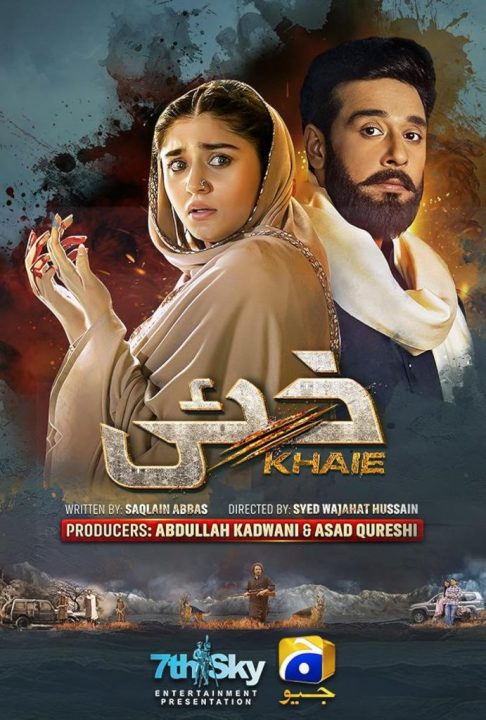
Breaking away from traditional family sagas, Khaie captivated audiences with its intense portrayal of tribal rivalry, honor, and generational revenge. Unlike anything seen on screen in recent years, the drama kept viewers on edge with its unpredictability and raw storytelling.
The finale delivered a chilling yet thought-provoking twist. Dur-e-Fishan Saleem’s character, Zamda, upheld tribal tradition by executing Chinar Khan. However, instead of fueling the cycle of violence, he made a bold and unprecedented choice—to raise Chinar’s young son with love and education rather than vengeance. This unexpected resolution redefined revenge-driven narratives, cementing Khaie as one of the most impactful dramas in recent times.
2: Mann Jogi:
Writer: Zafar Mairaj | Director: Kashif Nisar | Cast: Bilal Abbas Khan, Gohar Rasheed, Sabeena Farooq
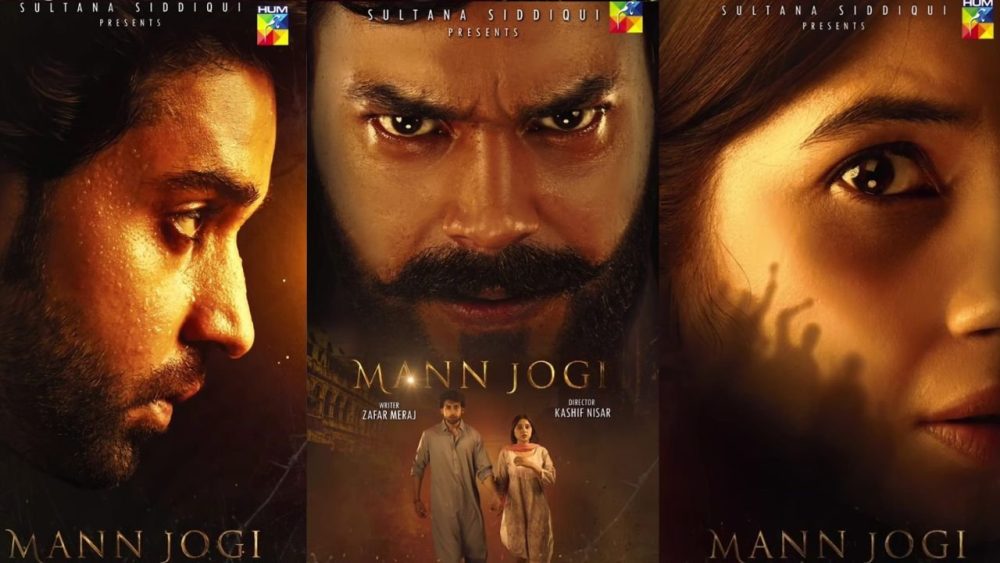
Mann Jogi fearlessly tackled the complexities of wrongful Halala and mob justice, making it a significant and thought-provoking addition to the trilogy exploring mob violence in Pakistan. From the very beginning, the drama carefully shed light on deep-rooted societal issues, gradually shaping a bold narrative that challenged long-standing traditional perspectives. As the story unfolded, it consistently examined the devastating impact of misinformation while strongly emphasizing the urgent need for justice based on truth rather than misguided emotions. Ultimately, it skillfully painted a gripping picture of how easily false narratives manipulate public perception, leading to severe and often irreversible consequences.
In the gripping finale, the drama successfully delivered a compelling and thought-provoking message, ensuring that its impact resonated strongly with viewers. Instead of allowing misleading beliefs to dictate justice, it effectively highlighted how religious scholars could intervene and protect individuals from facing wrongful punishment. By thoughtfully shifting the focus from vengeance to wisdom, the drama actively promoted a more ethical and rational approach to resolving sensitive conflicts. In a society where misinformation frequently fuels dangerous and harmful consequences, Mann Jogi courageously presented an alternative—an ideal world where knowledge, fairness, and reason triumph over impulsive reactions, misguided judgments, and blind rage.
3: Zard Patton Ka Bunn:
Writer: Mustafa Afridi | Director: Saife Hassan | Cast: Sajal Aly, Hamza Sohail
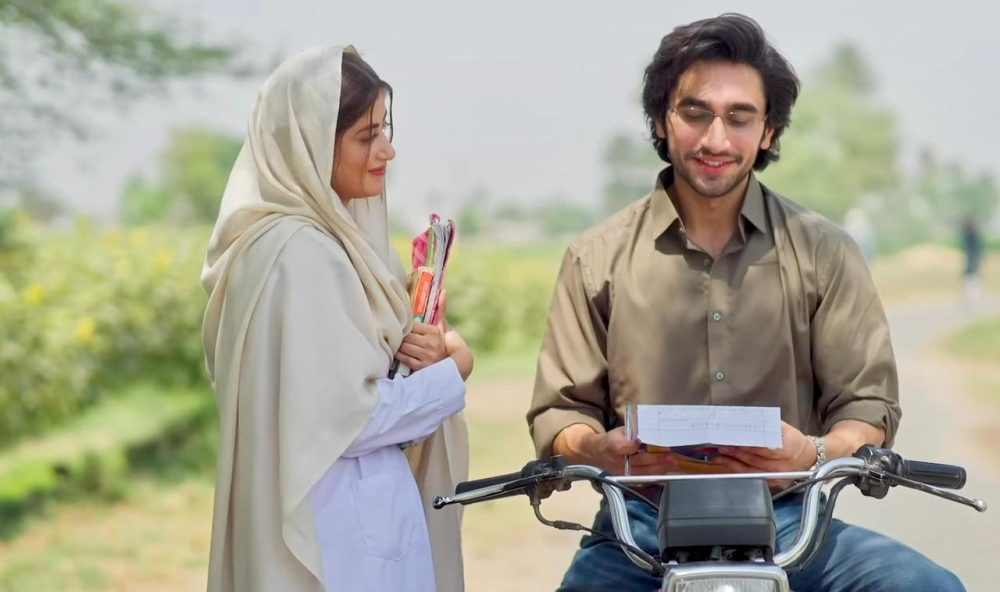
At its core, Zard Patton Ka Bunn highlighted resilience. From the very start, the drama explored women’s education, rural healthcare, and child labor, shedding light on crucial societal issues. Throughout the story, Maimoona’s journey, portrayed brilliantly by Sajal Aly, reflected determination, hope, and the strength to overcome obstacles. As the narrative unfolded, her struggles and victories became deeply relatable, making each challenge more impactful.
In the final scene, the drama delivered a powerful and emotional moment. As Maimoona proudly wore her graduation cap, she expressed heartfelt gratitude to her father, husband, and nephew for their unwavering support. This well-earned conclusion reinforced the drama’s message of perseverance and progress. Without a doubt, the inspiring ending left a lasting impact, making audiences connect with the story even more.
4: Nadaan:
Writer: Saji Gul | Director: Mehreen Jabbar | Cast: Ahmed Ali Akbar, Ramsha Khan
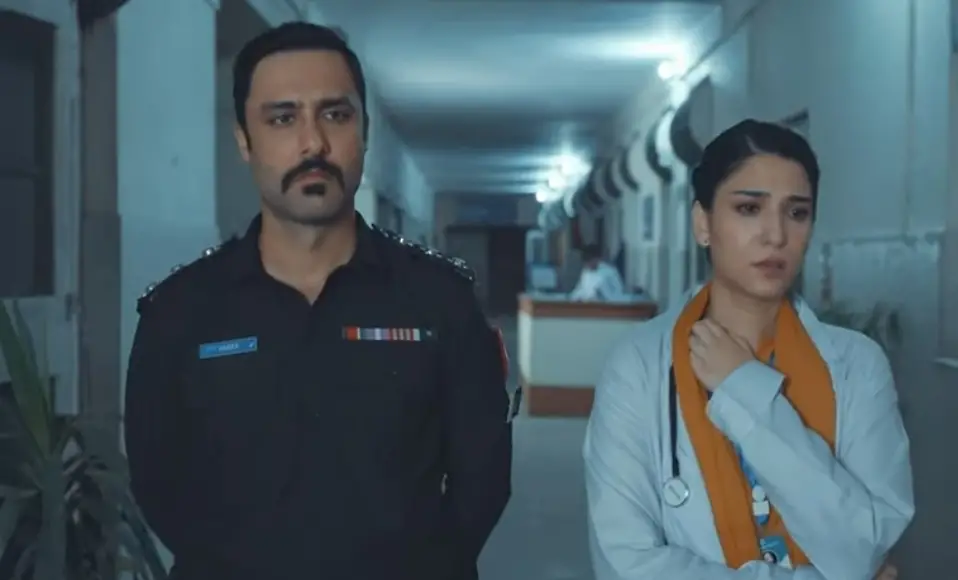
Nadaan explored drug abuse, social decay, and mob mentality, creating a gripping narrative that kept audiences engaged throughout. However, its final episode delivered the most lasting impact. From start to finish, the drama masterfully built tension, ensuring that every twist and turn led to a powerful and thought-provoking conclusion. As the plot unfolded, it shed light on the consequences of unchecked violence while urging viewers to reflect on the role of justice in society.
The finale strongly emphasized the need for proper policing and law enforcement to prevent mob violence, transforming the drama into more than just an emotional journey. Rather than simply evoking sympathy, Nadaan actively challenged audiences to question the systems that enable injustice and perpetuate chaos. With exceptional performances and compelling storytelling, the drama left an unforgettable impression, proving that a powerful ending is essential. While an engaging plot and brilliant acting can captivate viewers, a well-executed finale ensures that a story remains etched in their memories.
5. Jaan-e-Jahan:
Writer: Rida Bilal | Director: Qasim Ali Mureed | Cast: Hamza Ali Abbasi, Ayeza Khan
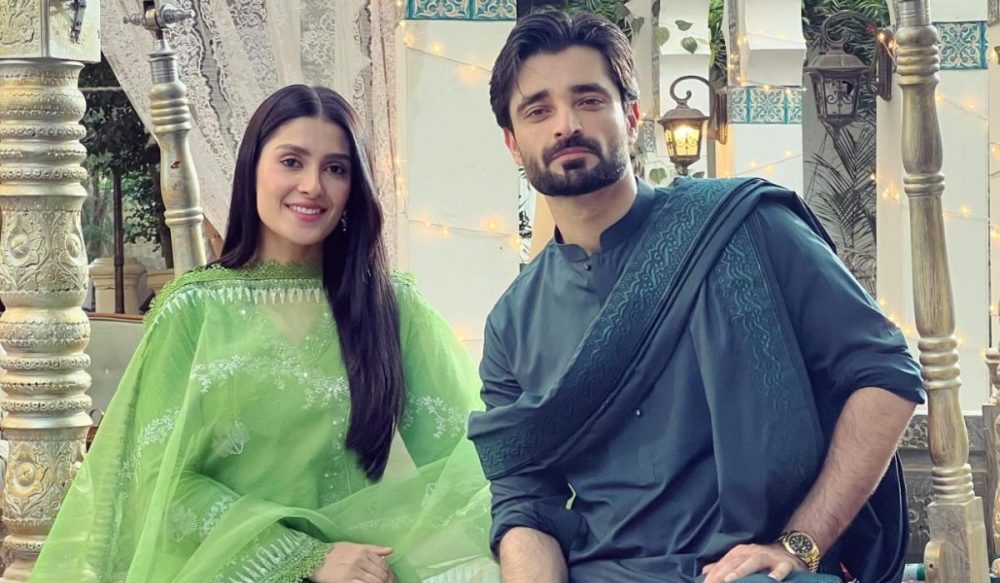
For Pyare Afzal fans, this felt deeply personal. Hamza Ali Abbasi and Ayeza Khan had already delivered an unforgettable love story, but it ended in heartbreak. However, Jaan-e-Jahan finally gave them the happy ending they had longed for. From the beginning, the drama captivated audiences with its emotional depth, making every twist and turn even more meaningful.
The show performed exceptionally well, but its ending truly made it stand out. When Hamza and Ayeza’s characters reunited, fans breathed a collective sigh of relief. This moment wasn’t just satisfying—it was the redemption they had been waiting for. By delivering a heartfelt and rewarding conclusion, Jaan-e-Jahan cemented itself as a drama that didn’t just entertain but also fulfilled years of anticipation.
6:Tan Man Neelo Neel:
Writer: Mustafa Afridi | Director: Saife Hassan | Cast: Sehar Khan, Shuja Asad
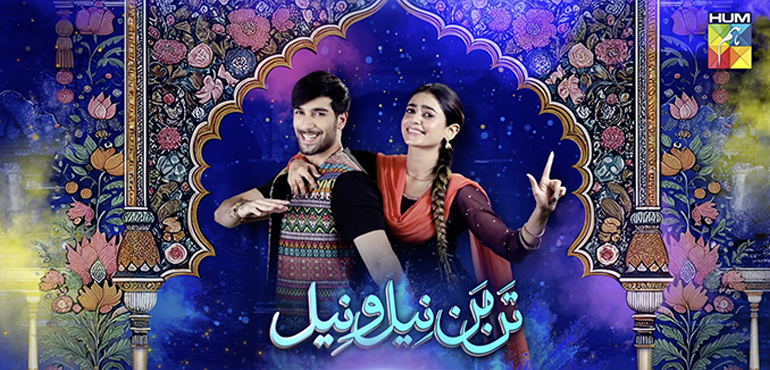
This 11-episode mini-series made a lasting impact, fearlessly addressing dark themes like mob violence, murder, and male rape. Despite its intense subject matter, the drama maintained a light and engaging tone for most of its run, keeping audiences hooked. However, nothing could have prepared viewers for the emotional blow of its conclusion.
In the final 10 minutes, the drama delivered one of the most haunting moments in recent television history. The gut-wrenching portrayal of mob violence, false blasphemy accusations, and the devastation of innocent lives left audiences in shock. As soon as the episode aired, social media erupted with discussions, applauding the creators for boldly shedding light on such a pressing issue.
7: Noor Jahan:
Writer: Zanjabeel Asim Shah | Director: Musaddeq Malik | Cast: Saba Hameed, Kubra Khan
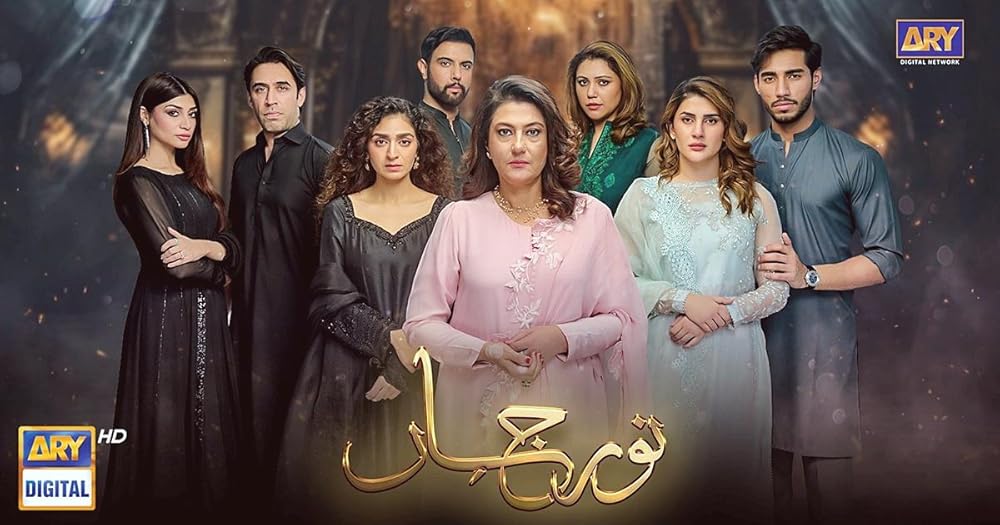
No one expected Noor Jahan to take such a dramatic turn. What initially seemed like a typical saas-bahu drama quickly evolved into a gripping tale of power, manipulation, and deeply rooted generational trauma. With each episode, the story became more complex, drawing viewers into its web of emotions and mind games.
Saba Hameed’s portrayal of Noor Jahan cemented her as one of the most unforgettable characters in recent Pakistani drama history. Meanwhile, Kubra Khan’s Noor Bano held her ground, creating an electrifying dynamic between the two. The final scene, where a silent exchange of understanding passed between them, showcased masterful storytelling. It was subtle yet incredibly impactful, proving that sometimes, a single glance can carry more weight than a thousand words.
8:Kabhi Main Kabhi Tum:
Writer: Farhat Ishtiaq | Director: Badar Mehmood | Cast: Fahad Mustafa, Hania Aamir
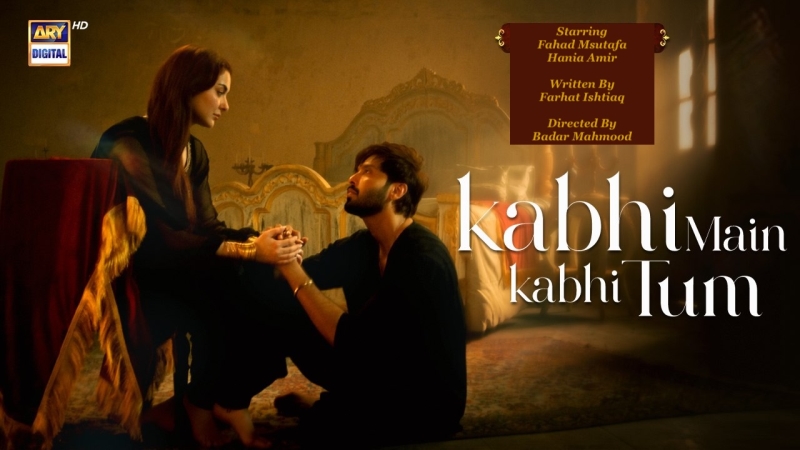
When a drama’s final episode is so monumental that it gets a cinema release, it’s clear it has become a cultural sensation. Kabhi Main Kabhi Tum dominated television screens throughout the year, and its conclusion delivered exactly what fans had been waiting for.
From the very first episode, Fahad Mustafa’s powerful performance and Hania Aamir’s heartfelt portrayal of Sharjeena captivated audiences. When their characters finally embraced in the finale, emotions ran high—tears streamed down faces both in theaters and at home. The last episode wasn’t just visually stunning; it was an emotionally charged masterpiece that ensured this drama would be cherished for years to come.
These dramas demonstrated that a powerful finale could transform a compelling story into an unforgettable experience, leaving a lasting impact on viewers.So, which of these endings resonated with you the most? Share your thoughts, and let’s dive into the discussion!